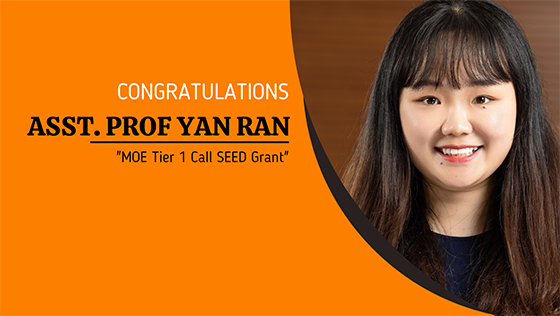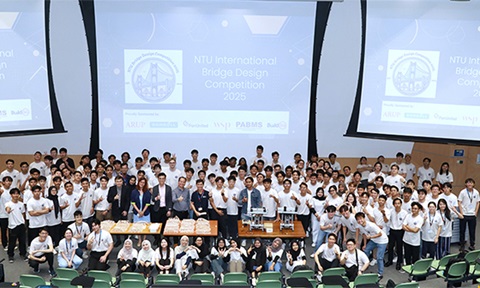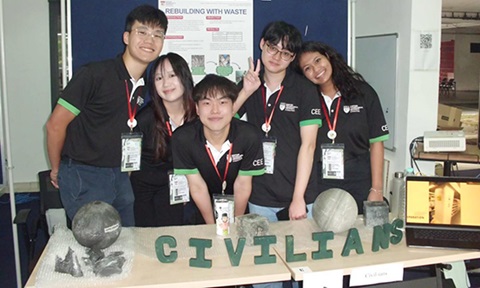Congratulations to Assistant Professor Yan Ran on the award of MOE Tier 1 Call SEED Grant Award

Project Write-Up
Accurate prediction of vessel arrival time and turnaround time is of vital importance to improve shipping and port operational efficiency. Although vessels are usually required to report their estimated time of arrival (ETA) on the way to the destination port, vessels’ actual time of arrival (ATA) generally deviates from their reported ETA because of unexpected and rough weather and sea conditions, operational inefficiency, and unexpected port congestion. After arriving at the port, a vessel spends a certain amount of time before departure, which is called vessel turnaround time (VTT), to accomplish tasks such as berthing, cargo loading and discharging, passenger embarkation and disembarkation, crew change, vessel inspection, and idling. Considering the limited port resources and tight schedule of vessels, accurate prediction of vessel arrival and turnaround time at a port is expected to increase port operational efficiency and reduce vessel delays.
This project aims to use artificial intelligence-based approaches to predicting vessels’ ATA and VTT considering vessel, port, and weather and sea conditions. To achieve this, ship ATA is first predicted by machine learning models based on vessel and sea and weather information. Then, the VTT of vessels is predicted by machine learning models considering ship, port, and sea and weather information. Then, managerial insights are proposed based on the predictions of vessel ATA and VTT as well as the analysis of the determinants of the predicted results. Finally, case study using real vessel arrival data at the Port of Singapore is conducted to validate the proposed models.
This project is expected to improve port operation efficiency by reducing port congestion and resource waste, so as to enhance port service level and thus improve port competitiveness of the port.







